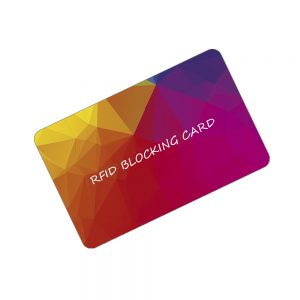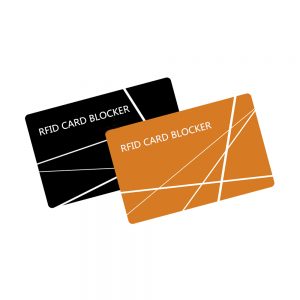The rapid development of RFID technology has been applied in many fields. RFID can be seen in more common management places such as logistics, transportation, retail, supermarkets, medical, military, asset management, personnel positioning, and package tracking! The application of RFID technology in medical treatment.
1. Medical monitoring
Due to the large number of emergency patients every day, traditional manual registration is not only slow but also has a high error rate. It is impossible for critically ill patients to register normally. In order to quickly identify all patients, complete admission registration and effectively perform emergency work, the medical department urgently needs an automatic identification system that can provide real-time identification and condition information of the wounded. Only in this way can hospital staff be efficient, accurate and Rescue work was carried out in an orderly manner.
Wear a wristband tag for each patient. When the patient receives a diagnosis and treatment, the medical staff only need to scan the tag information with a handheld reader to know the first-aid items that need to be carried out, because RFID technology provides a reliable, efficient and economical information Storage and inspection methods, so the hospital’s rescue of emergency patients will not be delayed, and the wounded will not be misidentified and cause medical accidents. Since the input of these information can be completed at one time by reading the RFID tag, unnecessary manual input is reduced and human errors are avoided.
2. Newborn identification management application
Newborn babies have similar characteristics and lack of understanding and expression skills. If they are not effectively marked, they will often cause misidentification, which will have an irreparable and huge impact on all parties.
After the baby is born, the mother and baby should be identified in the delivery room immediately, and the mother and the baby should be transferred out of the delivery room before other patients are sent to the delivery room. The delivery room must be prepared: two non-transferable RFID tags, one for the mother and one for the newborn. The information on the label should be the same, including the mother’s full name and label number, the baby’s gender, the date and time of birth, and what other hospitals think can clearly match the biological mother and child. When someone tries to steal a newborn baby out of the hospital ward, the RFID identification device can detect it in real time and issue an alarm, and notify the security staff of the latest location of the stolen baby.
3. Application for tracking and locating important hospital assets and materials
Some large medical centers generally have huge storage bases for important medical assets and medical supplies, and hospital logistics personnel need to find suitable items from thousands of supplies according to orders every day. The outer packaging of medical articles is usually similar, but the purpose of the inner articles is very different. Therefore, the hospital logistics department usually needs to spend a lot of manpower and material resources to find and check these articles.
RFID tags will make this search and verification process extremely fast and accurate, and the tags themselves can carry item-related information, which greatly improves management efficiency
4. Management application of pharmaceutical supply chain
In the medical field, a large number of errors in prescriptions, drug delivery, and medication take place every year, leading to many medical accidents, a large number of lost hours and legal proceedings. Improved drug tracking methods may help hospitals save costs and curb the proliferation of counterfeit and inferior drugs.
Through the use of such tags, physical objects can be identified at any point in the manufacturing and distribution process. It can also monitor drugs at all nodes in the supply chain, including accurate target batch delivery, thereby helping pharmaceutical companies meet increasing regulatory requirements. The application of RFID in the medical industry has surpassed the concept of fast search and location. The hospital HIS system that integrates RFID technology will integrate all the assets of the hospital into an organic whole to provide patients with fast, efficient and reliable services.


























